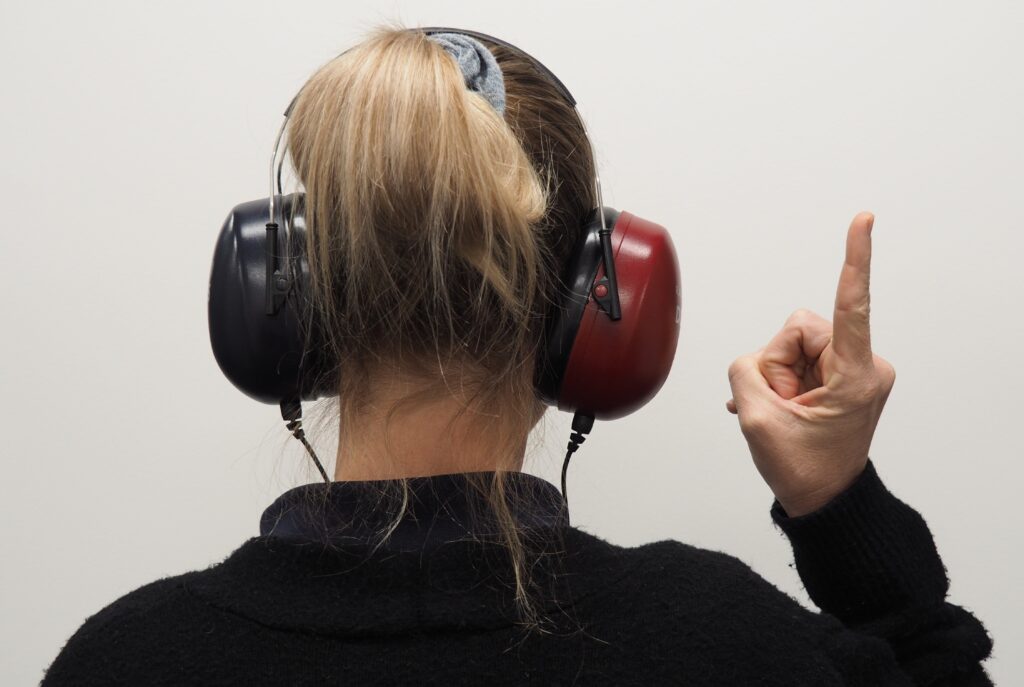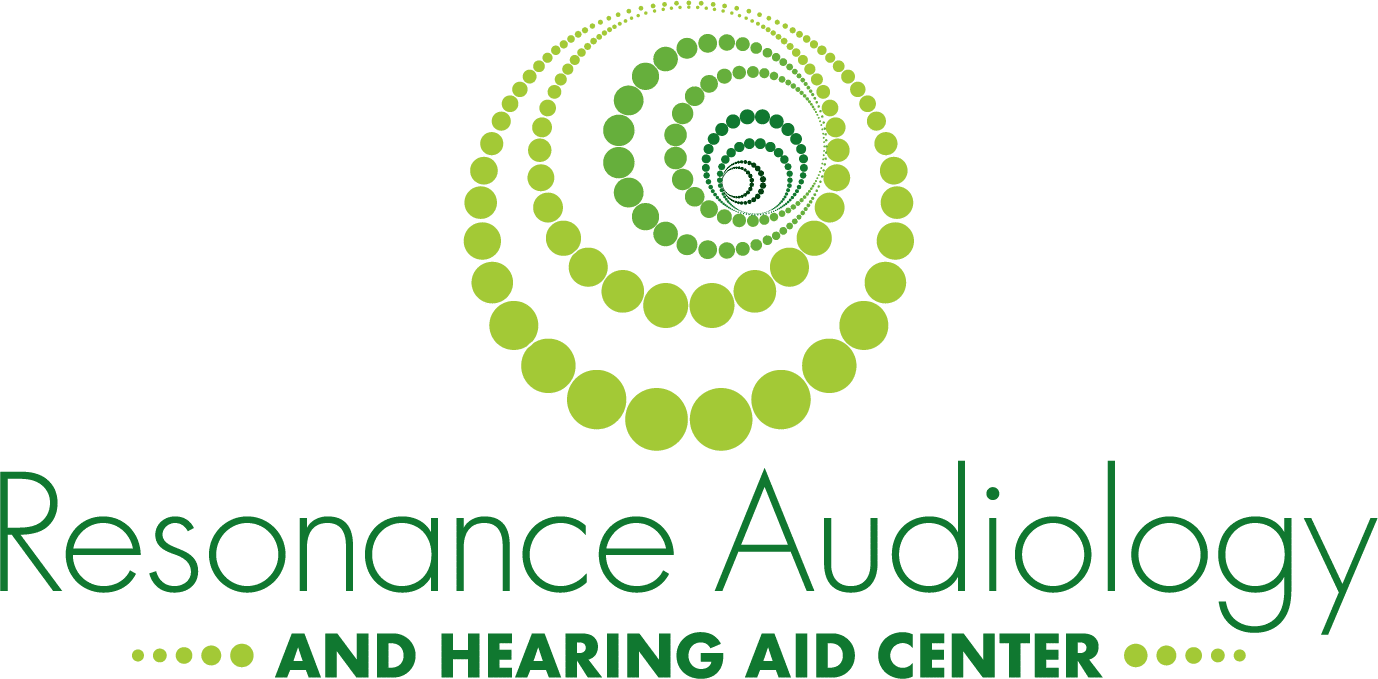Signs Of Hearing Loss In Children
May is Better Hearing Month, making it a great time to increase awareness about hearing loss!
Resonance Audiology has helped many patients throughout Lancaster, PA monitor their hearing loss and provide them with options for getting back to a sense of normalcy. Hearing loss can sometimes be unexpected, and the cause can be hard to pinpoint. Hearing loss in children is also unpredictable and easy to overlook, causing the issue to go unaddressed.

If you are a worried parent watching your children closely for health issues, you may be wondering about the key signs of hearing loss in children. It does not necessarily take an audiologist, hearing doctor, or ear doctor to recognize the telltale signs. An average parent or caretaker can notice the early signs of hearing loss in a child.
It is important to note that hearing loss can differ from one child to another, and if a child has passed hearing tests before, they could still develop hearing loss later in life.
We want to explain some of these key signs of hearing loss in children. Keep reading to get all the details you need to be informed on hearing loss in children.
Lack of normal response to surrounding noises
One of the most obvious signs that a child has hearing loss is a lack of response to the noises around them.
It can be difficult to catch hearing loss in infants, so this is the most telling clue to look for. If an infant does not react to sounds around them, does not startle from loud noises, or has trouble locating the direction of your voice or other sounds, then you should consider paying a visit to your child’s hearing doctor or ear doctor. They will be able to perform definitive tests to see if hearing loss is the cause.
For older children, you may notice that they turn the volume up on devices much louder than normal. While the device may be uncomfortably loud to you, the child may be turning up the volume because they cannot hear it otherwise.
Falling behind in speech development
Without the ability to hear and mimic the correct speech patterns from their parents and peers, children will start to lag behind in verbal communication development. They may not form words correctly, say one word while meaning a completely different one, or display other issues related to speech.
Many toddler-age children experience difficulty forming words, so a hearing problem might not always be to blame. However, if a child’s speech development has lagged significantly, hearing loss could be the cause.
Difficulty communicating and following directions
Do you have to repeat yourself multiple times when talking to your child? While you may be frustrated with your child and think they’re ignoring you, it could be that they simply cannot hear you very well.
For school-age children, this can lead to difficulty in the classroom. Your child may struggle to learn since they cannot hear their teacher or respond to instructions.
Behavioral problems
Not being able to communicate clearly with parents and other children can be incredibly frustrating to a child. Over time, this can lead to behavioral issues. Children with hearing loss can also often appear distracted or out of sorts.
How Hearing Loss Is Diagnosed
If you’ve noticed these signs in your child, then it is time to visit an audiologist for a professional diagnosis. An audiologist will know what to do given the severity of the situation and will be able to instruct you on how to handle things at home.
Screening for hearing loss is a simple, painless process and can even be done on sleeping babies. In fact, at many hospitals, babies will be tested for hearing within a day or two of birth. This involves using a device that measures the baby’s response to certain tones projected directly into the baby’s ears. These tests are painless and normally very accurate.
Should a child or infant fail a hearing test performed by a pediatrician, you may want to consider seeing an audiologist, as hearing is their specialty. Tests performed by a trained and experienced audiologist can help parents understand what their child is going through and recommend the best course of action. A few common tests include the ABR (Auditory Brainstem Response), the OAE (Otoacoustic Emissions), and the Behavioral Audiometry Evaluation.
If you live in or around the Lancaster, PA area and have concerns about your child’s hearing, Resonance Audiology is happy to help! We can help properly diagnose your child and offer other services that may help improve your hearing health. Contact us today!
